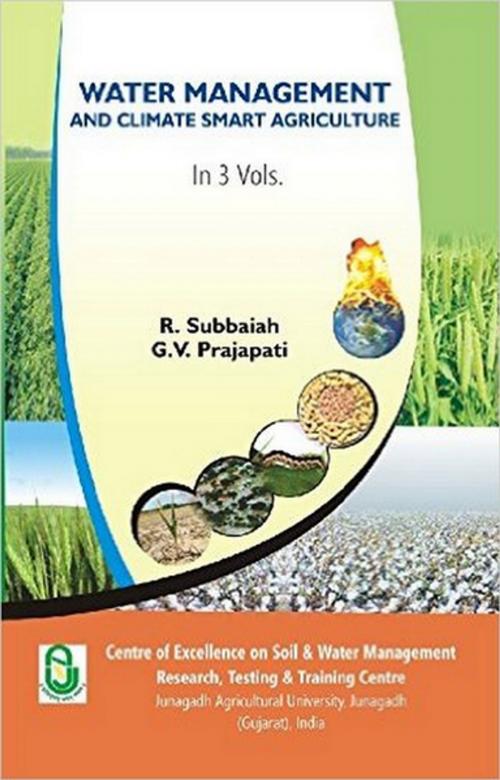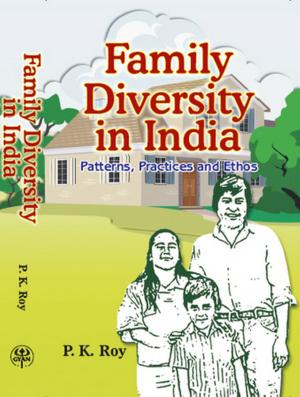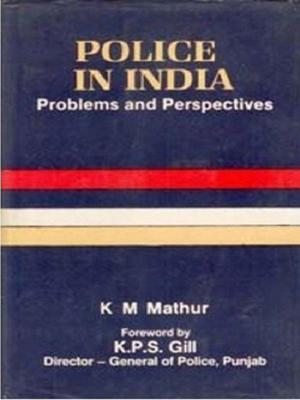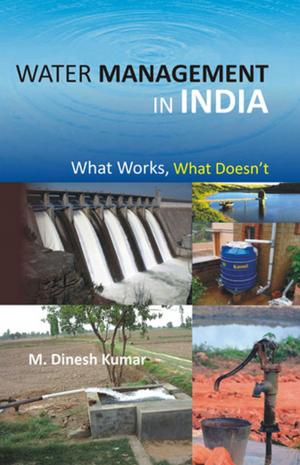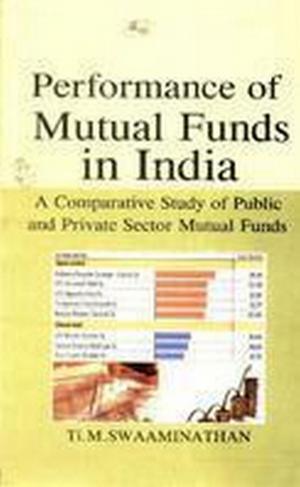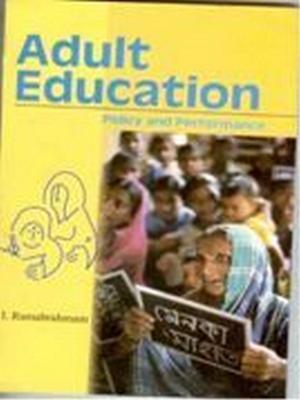Water Management and Climate Smart Agriculture - Vol - II
Nonfiction, Science & Nature, Technology, Engineering, Environmental| Author: | R. Subbaiah, G. V. Prajapati | ISBN: | 9788121253727 |
| Publisher: | Gyan Publishing House | Publication: | June 30, 2016 |
| Imprint: | Gyan Publishing House | Language: | English |
| Author: | R. Subbaiah, G. V. Prajapati |
| ISBN: | 9788121253727 |
| Publisher: | Gyan Publishing House |
| Publication: | June 30, 2016 |
| Imprint: | Gyan Publishing House |
| Language: | English |
Climate change has emerged as a major challenge to our agriculture, indeed to the management of our economy as a whole. The immediate problems that our farmers face relate to intra-seasonal variability of rainfall, extreme events and unseasonal rains. These aberrations cause heavy losses to our crops every year. There is therefore an urgent necessity for us to devise appropriate adaptation and mitigation strategies for gearing up our efforts to evolve climateresilient crop varieties, cropping patterns and water management practices for ensuring food security, enhancing livelihood opportunities and contributing to economic stability at the national level. Robust mechanisms to strengthen interactions between agricultural scientists and our farmers and also ensure better convergence between research and developmental needs. The research papers in the proceedings of National Seminar on Water Management and Climatic Smart Agriculture is reviewing the current climate change policy responses fall short of addressing the realities of poor rural farmers who are the most vulnerable to the impacts of climate change and paint an alternative way forward by defining innovative techno-economic-eco-resilient strategies to overcome the gaps of contemporary mitigation and adaptation programmes in agriculture by bringing to the fore the actual priorities, needs, and knowledge of farming communities themselves and suggest suitable recommendations to farming community and Government organizations to look far and wide in our agricultural research system and will succeed in delivering the national goals on agricultural productivity whatever be the odds.
Climate change has emerged as a major challenge to our agriculture, indeed to the management of our economy as a whole. The immediate problems that our farmers face relate to intra-seasonal variability of rainfall, extreme events and unseasonal rains. These aberrations cause heavy losses to our crops every year. There is therefore an urgent necessity for us to devise appropriate adaptation and mitigation strategies for gearing up our efforts to evolve climateresilient crop varieties, cropping patterns and water management practices for ensuring food security, enhancing livelihood opportunities and contributing to economic stability at the national level. Robust mechanisms to strengthen interactions between agricultural scientists and our farmers and also ensure better convergence between research and developmental needs. The research papers in the proceedings of National Seminar on Water Management and Climatic Smart Agriculture is reviewing the current climate change policy responses fall short of addressing the realities of poor rural farmers who are the most vulnerable to the impacts of climate change and paint an alternative way forward by defining innovative techno-economic-eco-resilient strategies to overcome the gaps of contemporary mitigation and adaptation programmes in agriculture by bringing to the fore the actual priorities, needs, and knowledge of farming communities themselves and suggest suitable recommendations to farming community and Government organizations to look far and wide in our agricultural research system and will succeed in delivering the national goals on agricultural productivity whatever be the odds.
